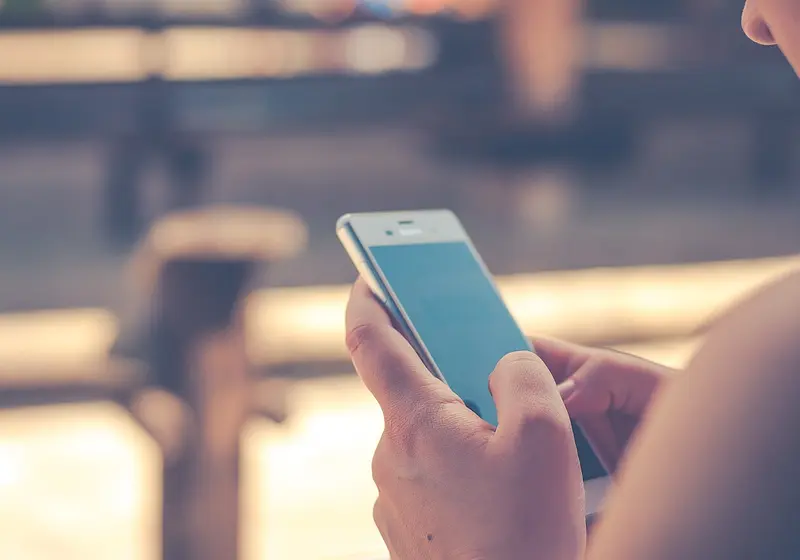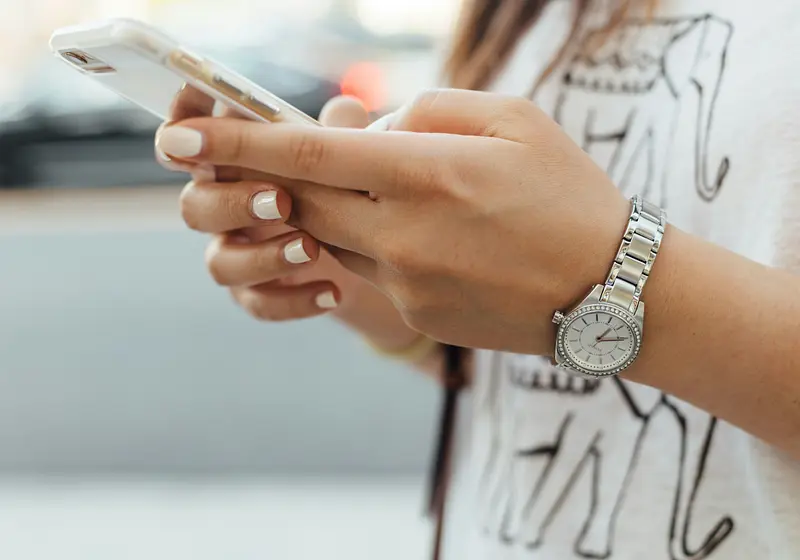Phones, tablets, and other devices have influenced our daily lives. For many adolescents, they are primary entertainers and communication methods. Social media apps, services, and video calls can begin to absorb hours of time that could have been used wisely.
The continued use of electronic devices often clouds judgment and leaves the user addicted. Want to learn how to minimize screen time without overused advice? Here’s how:
Let us slide into your dms 🥰
Get notified of top trending articles like this one every week! (we won't spam you)1. Place a Worksheet or Planner Nearby
Often, the automated reminders to go offline do little to represent our goals and responsibilities. However, placing a physical or literal reminder can work better! Unlike social media app reminders, they always stay in the realm of your peripheral vision. Holding a pen or pencil in your hand can serve as a substitute option.
Take the Quiz: Are you "Delulu"?
Are you grounded in reality, or letting your overthinking run the show?
2. Stop Giving Out Your Number!
It’s easier than it sounds. If someone asks you for your phone number, it is acceptable to decline in a polite manner. Instead, give the person your email address or another preferred communication method besides your telephone number. This way, you will not feel pressured to respond to instant message notifications and can reply to them on your own terms.
3. The Brightness Trick
For every reel or video you watch online, press the brightness button on your keyboard twice. When the brightness gets too low to properly see on your device, it is time to take a break or work towards a goal. After every ten minutes of productivity, press the brightness button on your keyboard once.
When the brightness gets to its original intensity, you can either lengthen your screen time or pursue the occupation of your break. The choice is yours.
4. Write Down Your Deadlines in Time Stamps
On a piece of paper, write down how many days you have until you reach a deadline for an assignment, project, or date for a test. Then list your daily schedule on another sheet. Subtract the hours you spend sleeping or attending class and circle the time that is left over.
Refer to your screen time (which can be accessed on your device) statistics and subtract that amount from the previous product. Chances are there isn’t a lot of time left! Visualizing time in this manner can urge you to work harder. The fewer screens, the less these distractions intervene.
5. Arrange Your Tabs
If you are using a computer that displays a set of tabs, begin organizing them! The websites in your tabs that are for personal leisure can be dragged to the far right of your screen. Place the sites and resources associated with your schoolwork/profession to the far left.
Once the tabs are ranked in significance, click on the first tab to the left (the one with the greatest importance). Once finished with its corresponding task, click off the tab. Continue this cycle without adding any new tabs until you reach the last tab on the right.
This creative trick also gives you a representation of the amount of work left to complete. Removing a tab in this process is as satisfying as crossing off an event in your planner.
When Screen Usage is Involuntary
A few professions, assignments, and duties require the use of a device that emits blue light. This can create an obstacle for users trying to avoid screens. Some of the tips and tricks listed above may not apply under certain circumstances. Here are alternate ways to minimize screen time and preserve your eyesight while online.
1. Blue Light Protection
The blue light that electronics emit can cause eye strain and fatigue with continued exposure. Blue light-blocking glasses can help! Some of these products magnify the text on your screen, which can be helpful for those with poorer vision. Your vision and comfort should always come first.
2. Meeting Start and End Times
If you plan on attending a meeting, take note of the start and end times. Make a plan or goal after the end of your meeting that does not require online contributions. For example, you could walk in your neighborhood or care for your pets. If you cannot afford the time, blinking can soothe your overstimulated eyes.
3. Night Light and Brightness Settings
When online, try adjusting your brightness levels. Turning on the night light setting or dark light mode can prevent eye strain. Even if these features are useful, taking breaks can improve your mental health and reduce screen time!
Simply by clicking on this article, you have demonstrated your determination to put the screen down and explore alternative ways to spend time. Consistently following these tips can lead to less and less time online. Go explore the outdoors, soak up the sunshine, and remember to have fun!

















